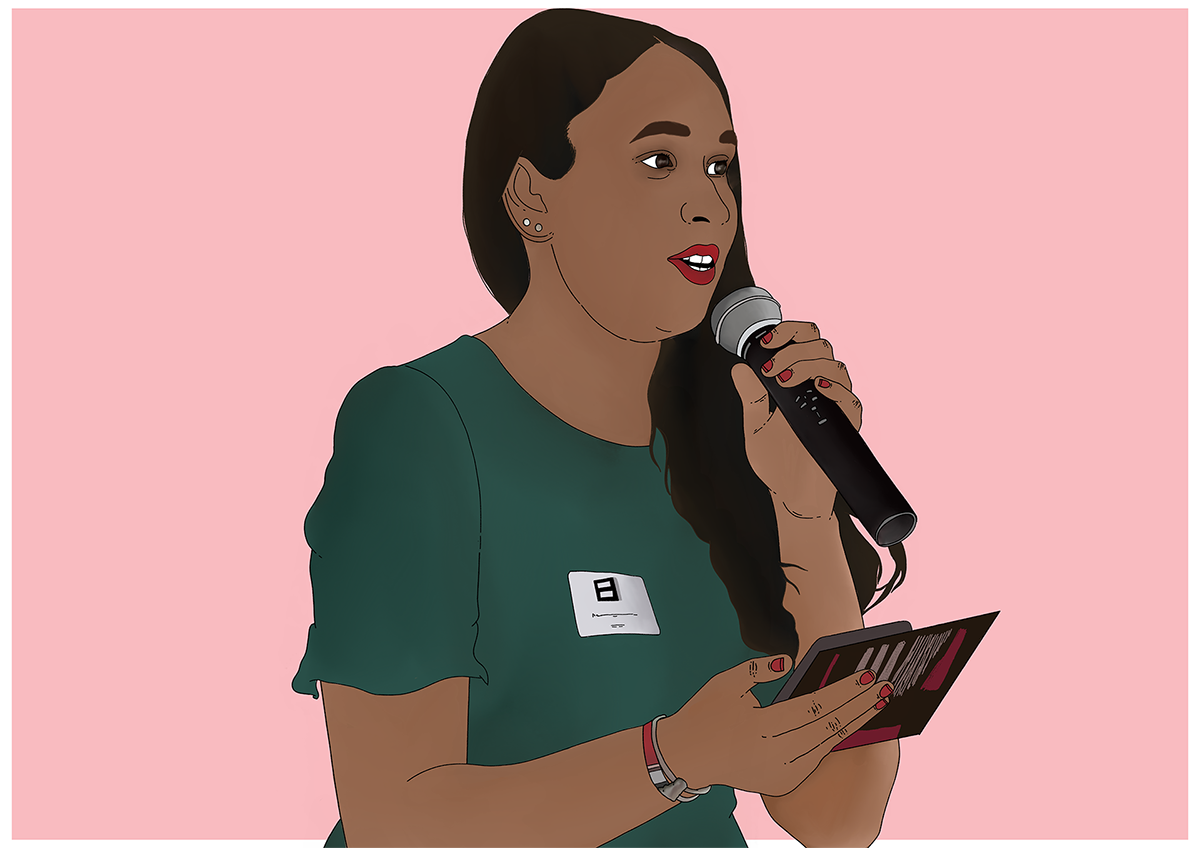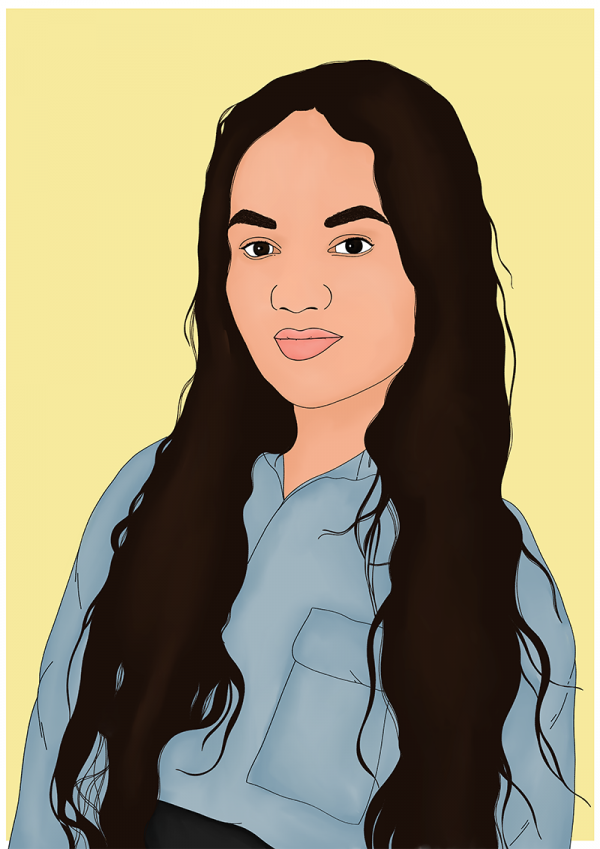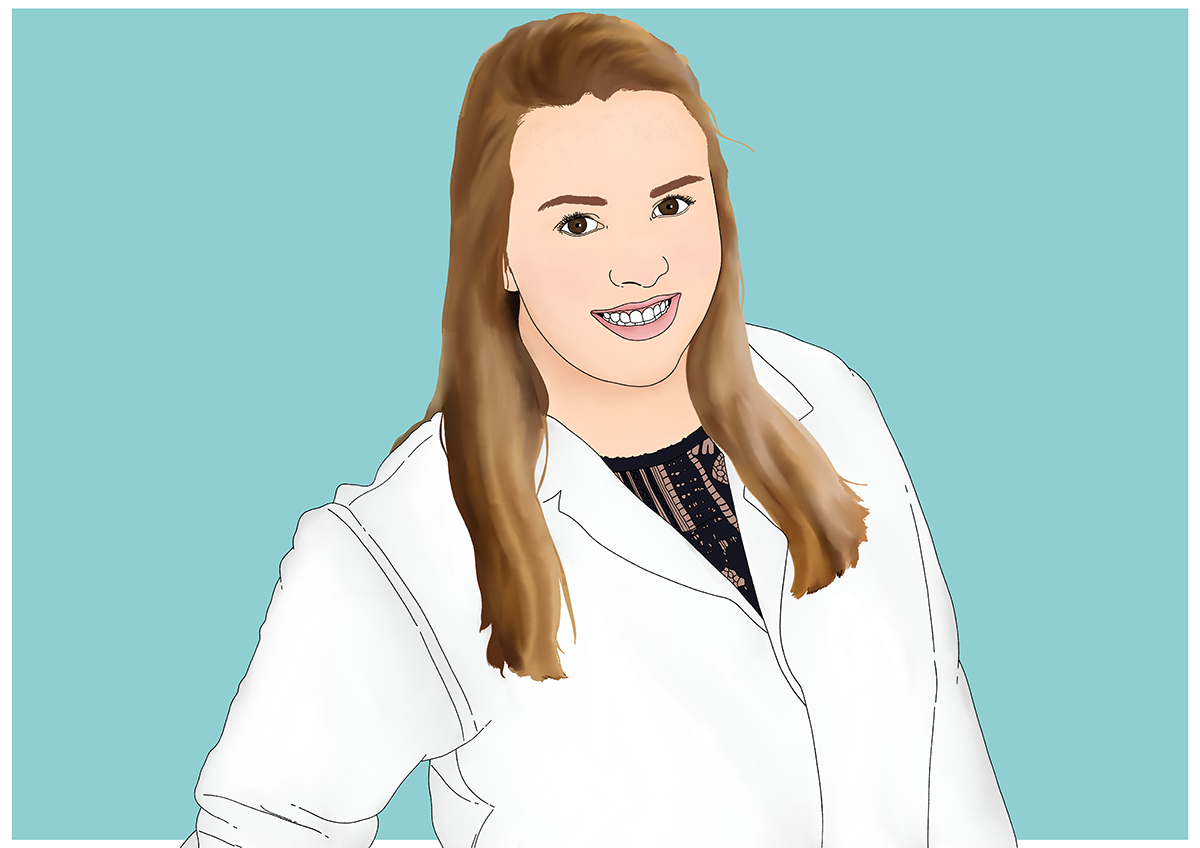By Maggie Shui
The YWCA has chosen 25 women under the age of 25 for a new project highlighting the power of young wāhine. Re: chatted with three people from the list, each ridiculously accomplished in their own ways, and each with big hearts and ambitions.
So much of where we can go in life depends on how we’re nurtured. The British educationalist Sir Ken Robinson once described this idea using Death Valley - a desert valley in North America where few things grow, hence the bleak name - as an example.
Once every decade or so, Death Valley, one of the driest places on Earth, sees a peak in rainfall. Come springtime, seeds that were lying dormant for years bloom into wildflowers, and the valley floor becomes covered in yellow and pink. The last “super bloom” happened in 2016, and the one before that was in 2005.
Sir Ken Robinson says these super blooms prove, “Death Valley isn’t dead. It’s dormant… If the conditions are right, life is inevitable.”
Y25 is a new initiative by the YWCA that seeks to create those conditions to flourish for 25 wāhine toa. They were chosen from a list of over 100 nominees, all aged 25 years or younger, by a line-up of judges including Chlöe Swarbrick, Qiane Matata-Sipu and Kathryn Wilson.
They were chosen because they were identified as future - or really, current - leaders in their fields. Through a year-long mentorship and training programme, creating what Sir Ken Robinson might call “a climate of possibility”, the Y25 initiative hopes to raise these impressive people up even further. You check out the rest of the other powerhouse young women here.
Ranisha Chand, 18, Human Rights Activist

Ranisha Chand, illustrated by Huriana Kopeke-Te Aho
While university campuses were closed because of Covid, Ranisha still got up at 5:00am every morning to study. She’s in her first year at Otago, hoping to gain entry into medicine next year. After learning more about Ranisha, it makes sense she wants to enter a profession known for its tireless empathy and sacrifice.
In the six years she’s lived in New Zealand, she’s led activations and protests against forced marriages, domestic violence and bullying. That last issue is especially close to Ranisha, who was cyberbullied in year 10. At the time, she’d just joined the youth division of Shakti, a non-profit organisation supporting migrant and refugee women and children. Under that organisation’s mentorship, she turned her personal trauma into activism and launched a protest in Auckland against bullying and domestic violence.
Here are a few more things we’ve learned about Ranisha:
She joined Shakti as a way to help adjust to living in a new country
“I moved to New Zealand in 2014 from Fiji. I started off with knowing nobody, so to make myself feel more comfortable, I joined a lot of groups - one of them is Shakti. From there I picked up on the passion of feminism.”
She navigated high school in her third language
“English is not my first language. It's actually my third language. I speak Fijian Hindi and Hindi. And then I speak English. So going to school every day, not understanding half of the time what my teachers were trying to teach me was a little bit of struggle. I have to pick up on the words they say, so I have to look at their mouth and try to figure out what they’re saying. I was also very scared of speaking to anyone because I was scared I was going to fall down every single time that I speak.”
Her experience being cyberbullied helped her find her activism streak
“In year 10 I was cyberbullied. That was by my own friends. And during that time I wish that I had support to help me come out of it because I was pretty much struggling on my own. And I think that struggle sort of helped me understand my passion towards feminism because I didn't want the cyberbullying that happened to me, happening to anyone else because I knew that there was not enough support available.”
And then she launched a protest with Shakti
“I shared what I was going through with my coordinator and she was like, what support would you like? During that time I was more angry than I was upset. So during that time I didn't want someone to tell me that it was going to be okay. I wanted someone who could tell me what I could have done so that this wouldn't have happened in the first place. So that's when I came up with the idea of running a protest in Auckland City against bullying and domestic violence.”
Irihapeti Edwards, 21, Finance Activist

Irihapeti Edwards, illustrated by Huriana Kopeke-Te Aho
When we spoke to Irihapeti (Ngāti Manawa, Ngāpuhi, Tainui), she was fresh off a string of flights that took her from Miami to Auckland, and was enjoying the catering at a quarantine hotel. Apparently the food is amazing: “For lunch I had... It was the best chicken I’ve ever had. I don’t know what they did to it.”
She was in the States studying for SAT admission tests in the hopes of getting into an Ivy League college. “And then, um, coronavirus happened.” The next few months are an uncertain blank canvas, but maybe she can now take a breather. In 21 years, she’s managed to fit in more than most. At 18, she earned a job at Deloitte while studying at the University of Auckland, an addition to her CV that many commerce students would be envious of.
Growing up in Whangarei, Irihapeti felt like she had to hide the circumstances of her upbringing. She says, “It made sense in my head to hide that I was a 'child of the system', that I was easily stereotyped, easily placed in a box and shipped off to the clearance aisle of the neighbourhood supermarket.” At 16, a formative school trip helped her reconnect with te ao Māori and her identity, and figure out how to revel in her upbringing rather than play it down. Now, she’s returning to her community to bring back the financial literacy she gained at university and the corporate world. Here’s what we learned about Irihapeti:
She felt like she had to hide her Māori identity
“I was born to a 15-year-old mother, and so I was sent to live with my grandma in Whangārei. My grandma is full New Zealand European, but my mum's family is Māori. And so I kind of grew up away from that. What that meant was - I want to be really intentional with what I say - but I kind of feel that my childhood was whitewashed in different ways.
“I was kind of taught to be ashamed of my actual identity. I was going to school and I was hearing things like, ‘Oh, are you Māori?’ And then I'd be like, ‘No, I'm not Māori,’ because I'd grown up around people that looked down on Māori. They had all these negative stereotypes about Māori and so I'd kind of be like, ‘No, don't take it on as your identity.’”
A school trip to Ruatōria triggered her journey towards owning all parts of her identity
“They took us out to Ruatōria, which is on the East Coast. And Ruatōria, I wouldn't be surprised if it was 99.9% Māori. And when I was there I'd learnt that the people were nothing like the stereotypes I'd grown up around. They were really loving people. I was educated on all things Māori.
“And that was really the time that I realised I should be accepting this as my identity and I should be really, really proud of it. So that was really the time of my life where I decided to regain my identity and walk forward with it.”
On that same trip, she found a kinship with Sir Āpirana Ngata
“Ruatōria is the hometown of Āpirana Ngata, and I learned he was half-Māori like I was. He didn't necessarily grow up with the fundamental Māori childhood. He actually has a quote that says something to the effect of: use your hands for the tools of the Pākehā, but turn your heart to the treasures of your ancestors.
“I really felt like I related to that because I wouldn't take back how I grew up because being proficient in both worlds has gotten me to where I am now. I really related to him as a figure and as a leader. It was really, really powerful to not only be in his marae but kind of be in his presence as well.”
All the opportunities and success Irihapeti experienced gave her the urge to pass on her knowledge to her community
“I come from a really low-socioeconomic community, and the more opportunities that I was being exposed to, the more I realised that more people in my community deserve to be exposed to these things as well.
“So I was going to uni, I was going to work and I was going back to my community at the same time and offering to do workshops and one-on-one sessions with a lot of students that I had gone to school with. I taught them about the importance of debit and credit, savings, loans.
“My one-on-one sessions were about their individual goals, so if one wanted to go to university then I’d teach them about the financial aid you can get, or how student loans work. If they wanted to specifically get into the industry that I was in, I would try to plug them in with some of my mentors.”
Courtney Davies, 24, Agricultural Ambassador

Courtney Davies, illustrated by Huriana Kopeke-Te Aho
Courtney has a seat at the table on both sides of one of the most polarising issues in New Zealand today. As an educator and program support manager at environmental leadership trust BLAKE NZ, and a holder of a Master’s degree in natural sciences, Courtney is firmly situated within conversations around New Zealand’s role in the climate crisis.
As a member of the Royal Agricultural Society and someone who raises a small herd of Ayrshire cattle herself, she also has an eye into the lives and concerns of people at the ground level of New Zealand farming.
“Sometimes I feel I’m too environmental for the agricultural industry and I’m too agricultural for the environmental industries,” she says. But ultimately, her work has shown that people who care for the health of the planet and people who care for the health of agriculture are not two distinct groups.
She’s determined to get more young people into leadership positions in the agricultural industry. Here’s what we learned about the work Courtney does, and how she wants to see agriculture in New Zealand evolve:
Her job involves teaching students about the environment with the help of VR
“We use virtual reality and go out on the road and talk to students about the environment and sustainability and our varied ocean environments. We do a whole lot of environmental leadership outreach programs for anywhere from primary school through to 25-year-old university students, as well as some senior leadership roles as well. So just getting people interested and passionate about the environment and sustainability.”
She enjoys the unique perspective she’s gained from having a 9-5 in the environmental space and farming as a “hobby”
“It’s quite interesting being involved in agriculture so heavily outside of work and then going into a really environmental space. I’ve been involved in agriculture for the last 13 or so years since I was in intermediate, and I just enjoy being out with my cattle,” she laughs.
“I think it's really important to be able to address that rural-urban divide. We see a lot of problems around agriculture and the media and a lot of people get the wrong idea. So I am quite lucky and fortunate in my current role at work to be able to have that opportunity to speak with both parties and try to create that conversation.”
She wants industry gatekeepers to be more open to youth involvement in agriculture
“There's a lot of, ‘Oh, you're too young to make a difference.’ And that's why YWCA interests me. I think a lot of people assume that these young people haven't lived through all of the other things that the older generation has, so why should they have an opinion? It's the whole sort of, ‘Well back in my day, we used to do this.’”
She wants to change people’s perceptions of a typical Kiwi farmer
“Everyone thinks farmers are this sort of run-of-the-mill average person. You have your academics and you've got your people that work the land. And I think what we're seeing in the last few years is a massive shift towards the diversity of the industry. So it's not just milking cows or shepherding sheep. It can be science, it can be accountancy, a lot of finance stuff, laboratory work. It's a lot more diverse than just being on the land, tending to crops or tending to animals.”
She agrees a shift in New Zealand agriculture needs to happen - and pondering what that will look like can be a bit overwhelming!
“I think it won't be as reliant on milking cows, exporting milk powder, that sort of thing. I think it's especially interesting seeing the sustainable vision around alternative proteins and alternative food sources, and I think that still comes under the whole agriculture heading, because we still need places to plant our soybeans.
“I think - oh my goodness - it’ll get to a point where there has to be some sort of shift, whether that's towards more plant-based products or more efficient, sustainable farming or introducing more GMOs.”
Where to now for Ranisha, Irihapeti and Courtney?
Ranisha is studying for Otago Medical School, and hoping the Y25 programme can help her define her goals when it comes to her advocacy work. Courtney wants to shake up our agriculture industry and inject it with new blood. Irihapeti is starting on the micro level by providing financial literacy mentorship for her friends and whānau at home. But she has plans to take that mahi to the macro level, and that means going international.
Early in our conversation, Irihapeti says, “I want to aim for bigger things: bigger conversations, bigger institutions, bigger opportunities.” We don’t know for certain what these three young people’s work will look like in a decade, but we can safely assume it will be big.
Illustrations by Huriana Kopeke-Te Aho, who you can find on Instagram @hurianakt.a